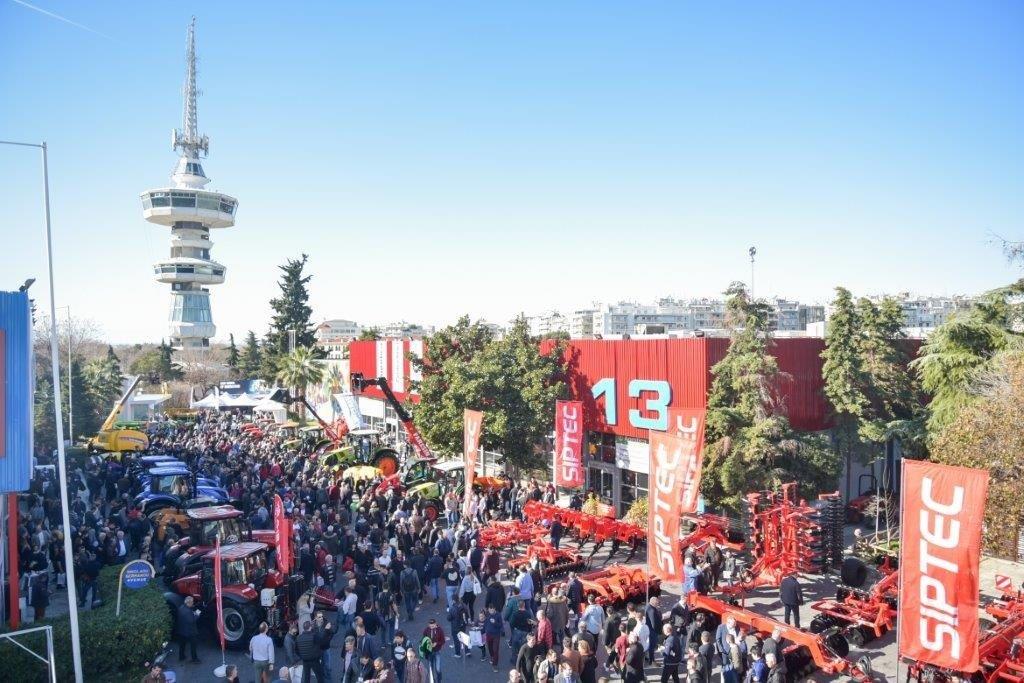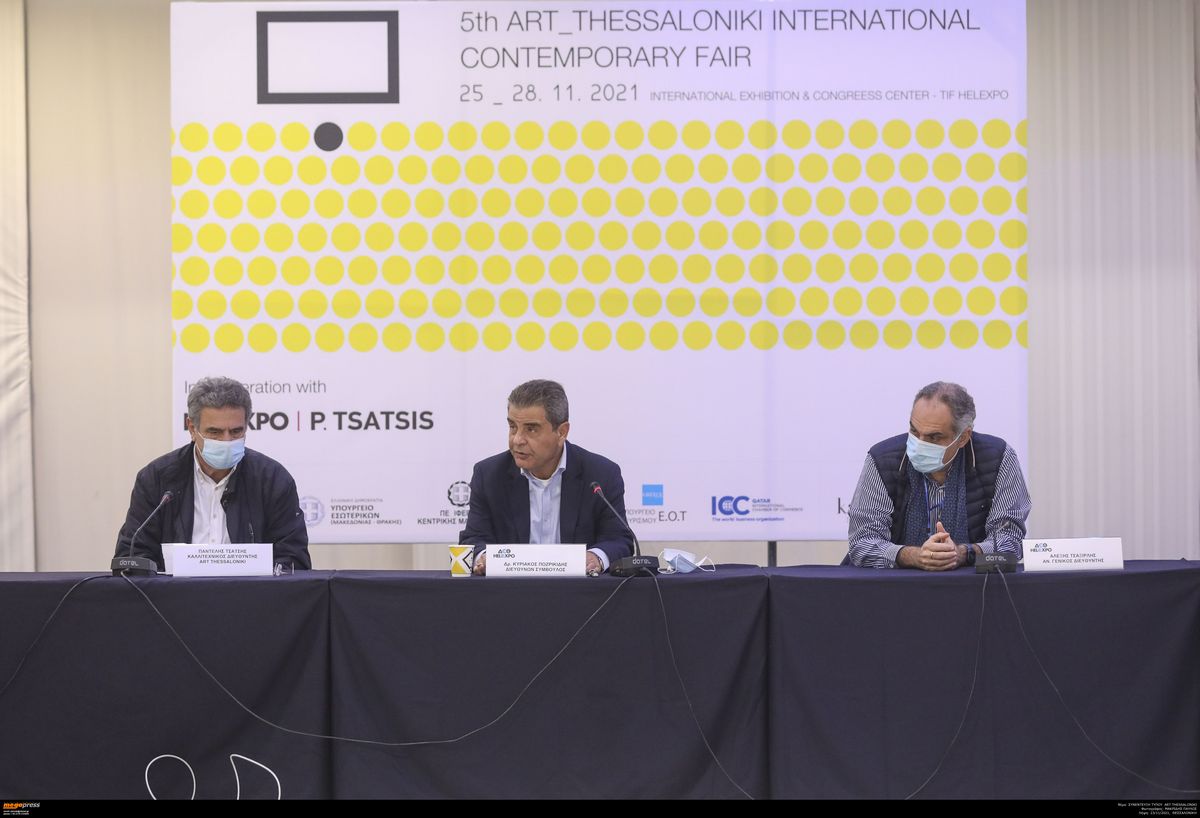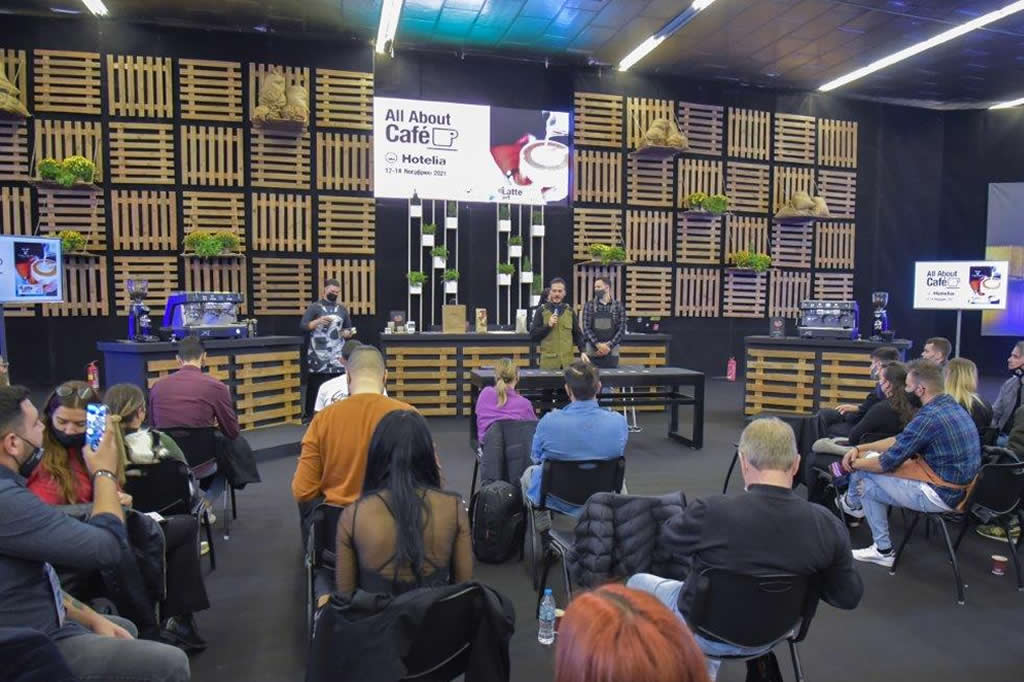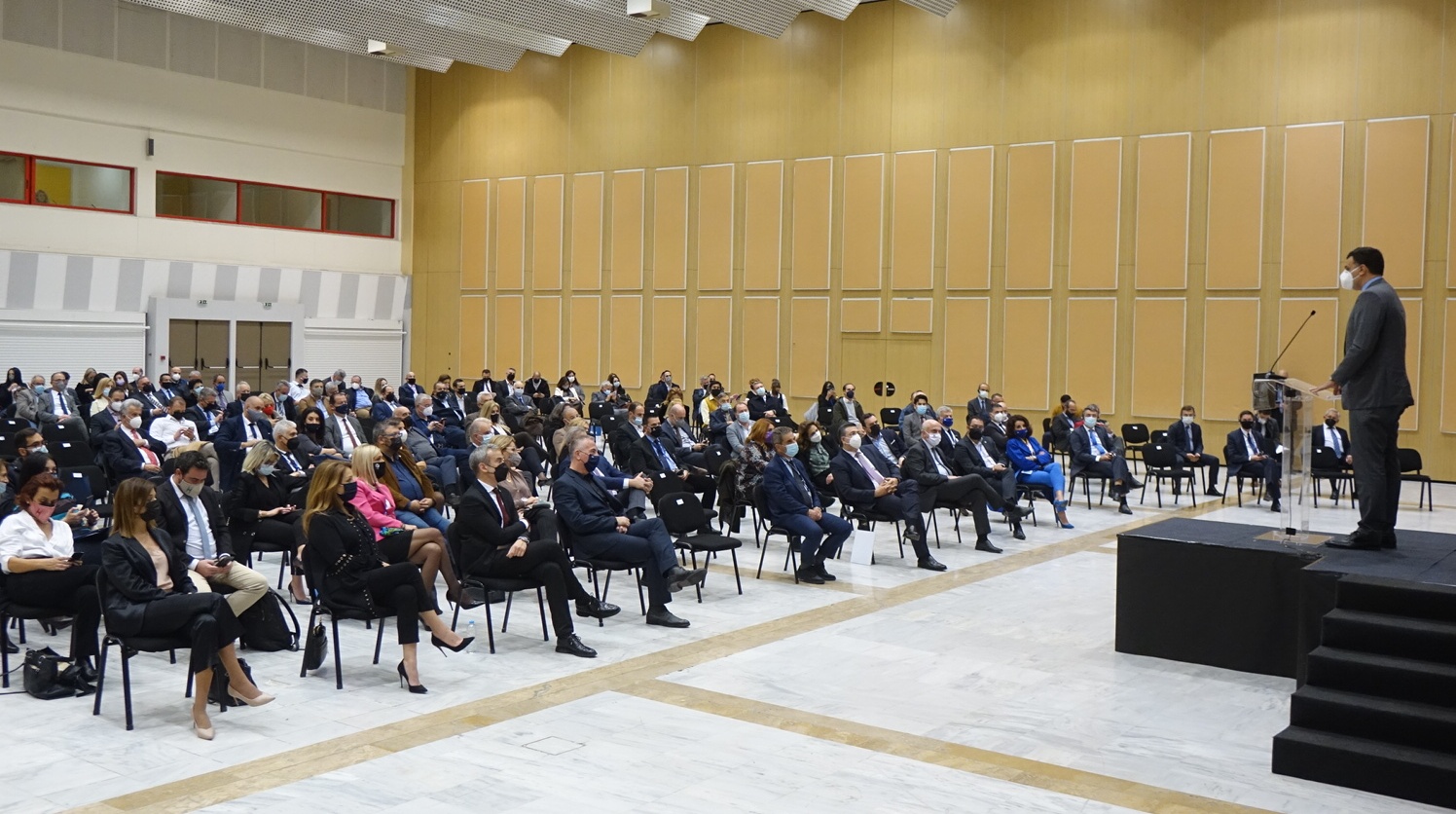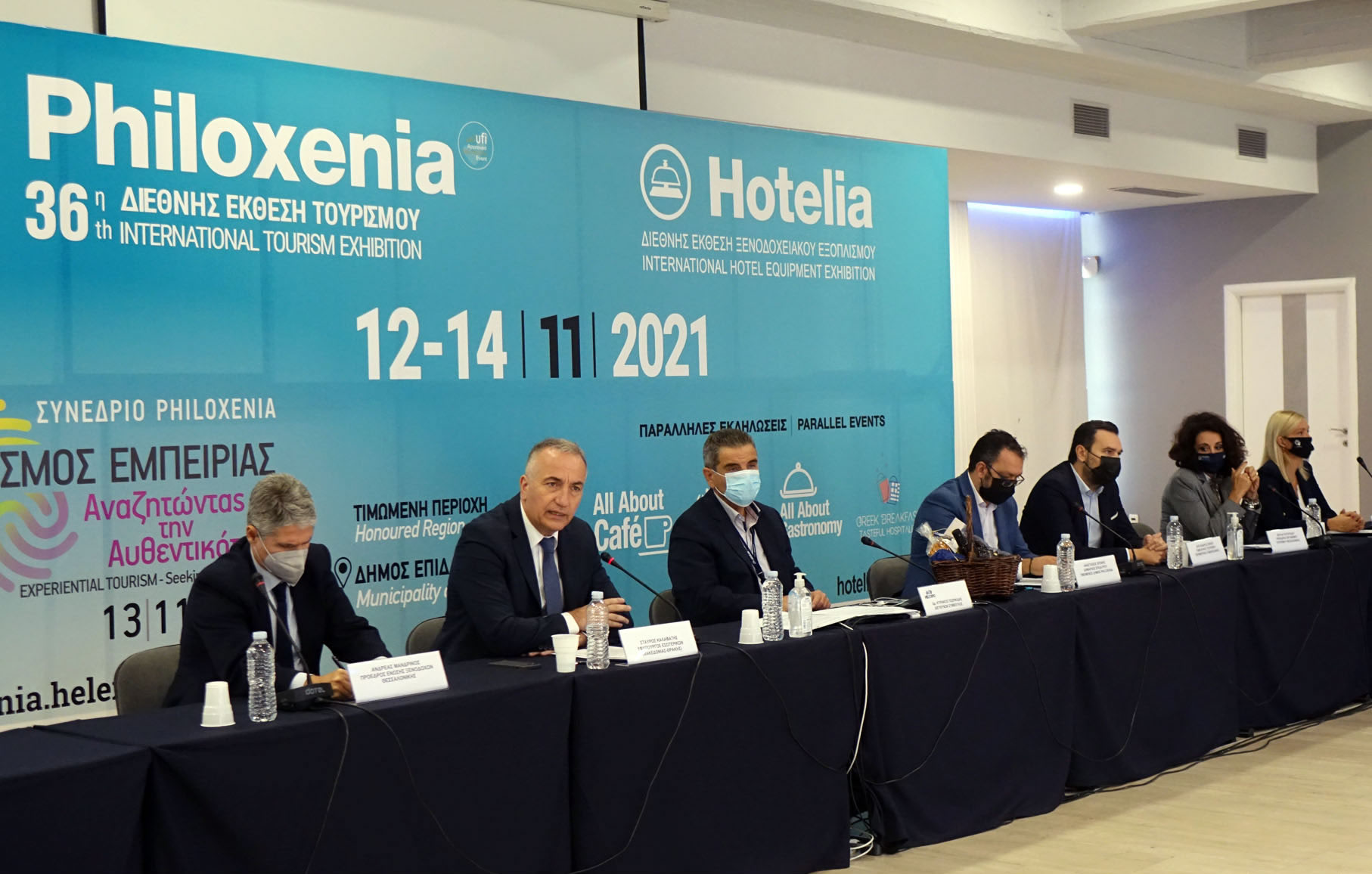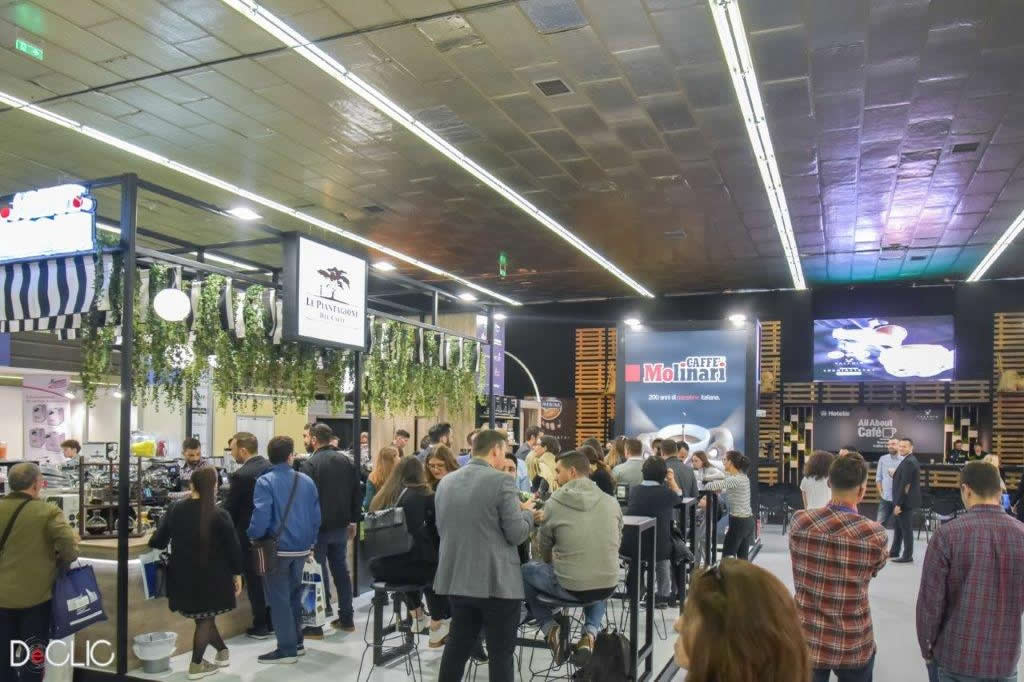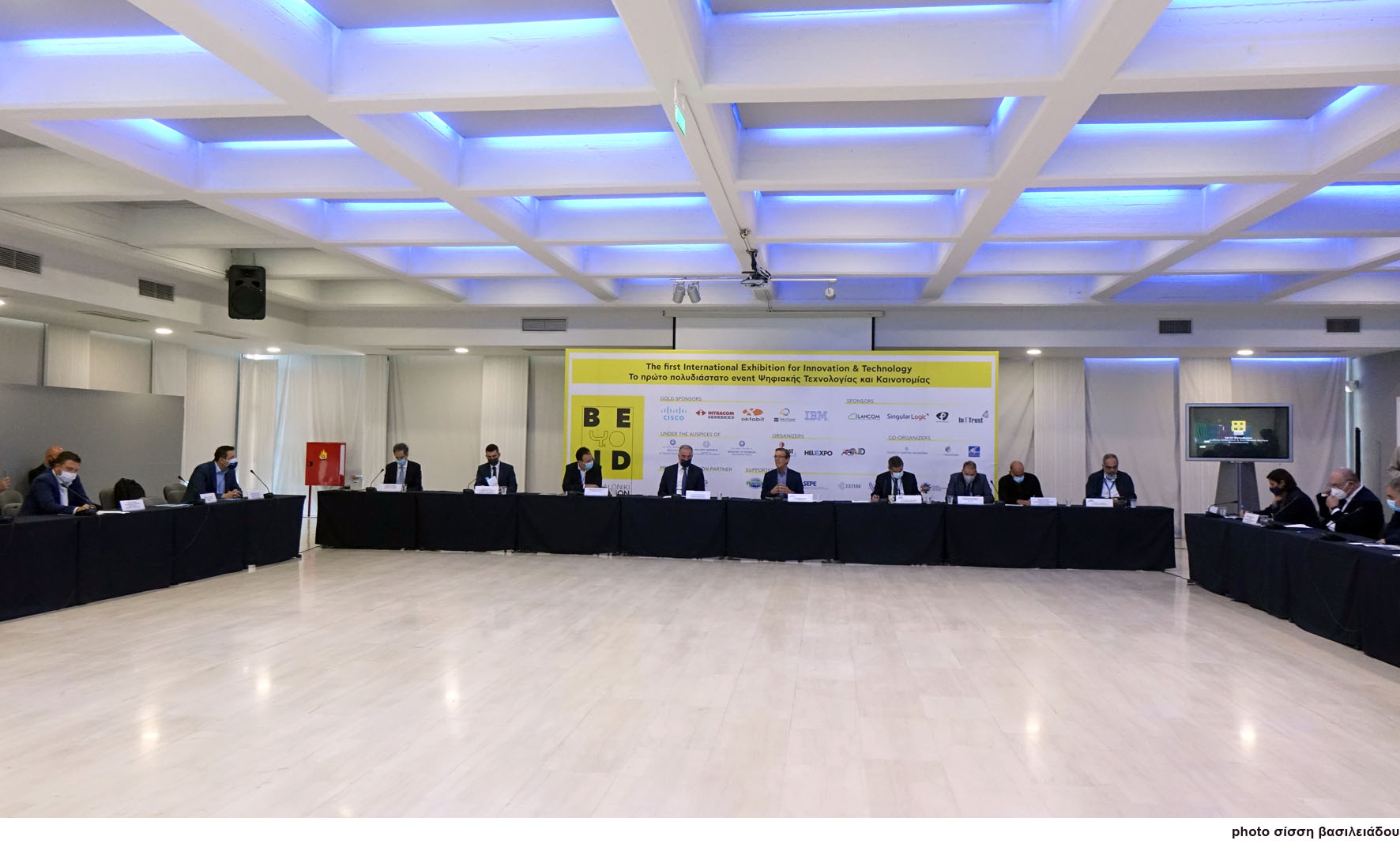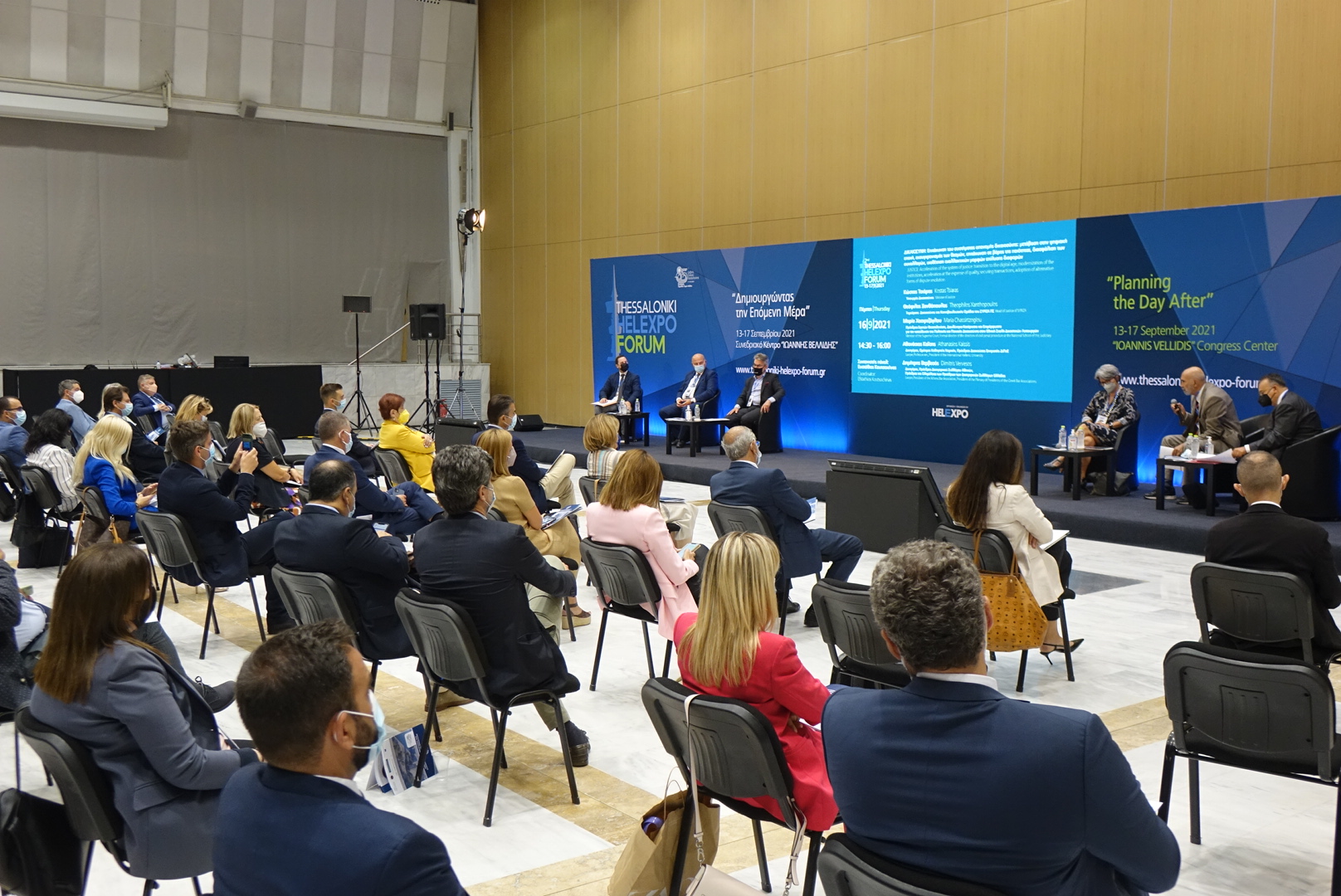Minister of Tourism Vassilis Kikilias pointed out that the authenticity of Greece’s tourism product and experience tourism are connected to all productive sectors of the Greek economy, in his address to the Philoxenia Congress on ‘Experience Tourism: Seeking authenticity’.
In the framework of the thematic unit titled ‘Trip VS Destination. Investing in the emotions of travellers’, the Minister also noted that the goal is to increase the number of visitors to Greece and to highlight all the regions that have authentic experiences to offer. “We want tourist quantity and quality. The requirement is to expand the tourist period”, underlined Mr Kikilias.
The central speaker of the congress, professor of Marketing at University of Piraeus, Dr Maria Sigala, referred to the lost dimension of experience tourism, stressing that “you do not buy the experience, you buy what you believe will give you the experience and make you a better person overall”. She also noted out that authenticity requires three elements: the material object of the experience, the provider, and the tourist. She underlined that art makes us see a place differently.
Alternate professor of the Department of Theology of AUTh, Mr Christos Tsironis, highlighted the increase of more “savvy” tourists, stressing that experience tourism opens the path for a different vision of tourism. “Not just providing services in tourism, but shaping tailored experiences”, said Mr Tsironis, who noted that academic tourism could be enhanced in Thessaloniki.
“Visitors want a narrative” pointed out professor of tourism marketing at International Hellenic University, Mr Evangelos Christou, in the framework of the thematic unit titled ‘Modern marketing tools, life experiences, and digital tourism’, while he underlined that all tourism products are life experiences and what is particularly important is managing the customer’s emotions.
The Chief Innovation Officer of TheFutureCats, Mr Dimitris Dimitriadis, referred to the developments in technology and their impact on experience tourism, while he underlined that the pandemic was a catalyst for the digital transformation of the whole of humanity.
The lead researcher of the Information Technology Institute of CERTH, Dr Dionysis Kechagias, talked about big data analytics in tourism.
On his side, visual content creator and storyteller photographer, Mr Andreas Sfyridis, highlighted the importance of creating experience and authenticity narratives in visual promotion.
During his address, the secretary general of EOT, Mr Dimitris Fragakis, stressed that EOT is starting a new campaign on winter tourism on the mainland, while it will be followed by a city break campaign. The deputy governor of tourism for the Region of Central Macedonia, Mr Alexandros Thanos, noted that in 2019 a total of 2.3 billion Euros of the Region’s GDP came from tourism, and that there is a hope that this number will be achieved again or even surpassed in 2022. In reference to the benefits of tourism to the economy, the mayor of Epidaurus, Mr Anastasios Chronis, underlined that according to a German study, the Epidaurus Triathlon event contributes 250,000 Euros to the local community directly, and 380,000 Euros indirectly. A message sent by the Deputy Governor of Thessaloniki Voula Patoulidou was also read out.
Mr Dimitris Kalaitzakis, CEO of We do Local, an innovative hospitality brand, underlined the importance of life experiences and their added value for tourism in the framework of the thematic unit ‘Organising local events and actions enhances a destination’s brand, as well as it’s uniqueness’. Mr Kalaitzakis presented a series of experiential activities in tourism units of Crete that could provide a new dimension to a tourism enterprise and the experience it offers visitors. These activities included everything from cheese, oil, and wine tasting, and kneading and baking bread, to cooking lessons for the young and old.
The group project director of Fais Group, Mr Tilemachos Stilianos, referred to the ground breaking work of Fais Group, the latest example being the restoration of Modiano Market in Thessaloniki, the first monument to have been restored and returned, operational, to the city as it was before. In fact, he announced that the long-awaited project will be ready in 2022 and will have 80 stores, combining processed and unprocessed foods, providing visitors with the option of purchasing food and tasting food. He also stressed that the goal of the project, which is very challenging, as he said, and unique, is to satisfy and arouse all the senses. “Experience consists of the moments created by our senses and how we arouse them”, he noted.
Journalist and member of the ‘Agistro’ Social Cooperative Enterprise, Mr Panagiotis Savvidis, underlined the need for the Greek State to raise awareness and learn from the example of France in the development of historical tourism. Mr Savvidis referred to how a small French town, Verdun, utilised its heritage from World Wars I and II to become a pole of historical tourism attraction. This was the example from which the ‘Agistro’ Social Cooperative Enterprise drew inspiration in its efforts to utilise the heritage of World War II in the northern part of Serres, through activities to highlight, among other things, the history of Fort Roupel.
The coordinator of experiential activities of Karaiskos Farm, Mr Meletios Andrinos, underlined the value of investing in carefully planned experience tourism, explaining that we must understand the necessity of changing the tourism model. Sustainability and experience were the keywords on which the Farm’s venture was based. The Farm is located in Portaria Pelion and provides tourists and locals with an opportunity to reconnect with nature. The central idea around which the Karaiskos family built the farm’s experience was the phrase, “it all starts in our vegetable garden”.
The President of the Hellenic Association Of Tourism Enterprises In Outdoor Activities and CEO of Trekking Hellas, Mr Stefanos Sidiropoulos, spoke of the Association’s vision to create an outdoor culture and education on the outdoors in Greece, as well as of his personal vision to turn Greece into the greatest outdoor destination in Europe. The Association has more than 200 member-enterprises.
The next thematic unit highlighted sustainable growth as a requirement for the future of any tourism destination, focusing on infrastructure, mass transportation, and human resources.
In an era during which we face so many challenges, it is time to adopt new principles, new policies, and to act on sustainable growth, noted SYRIZA Tourism Sector Chief, Ms Katerina Notopoulou, who stressed that the design of the new tourism policy should take into account all the new needs that arise. According to her, however, we cannot truly speak of sustainable growth, unless economic growth is effective, socially just, and environmentally sustainable.
The prospects of developing accessibility in tourism regions were highlighted by the deputy Mayor of Tourism of the Municipality of Katerini, Ms Maria Terzidou, while sustainable tourism and the actions of the Municipality of Thessaloniki in that sector were the focus of the deputy mayor for Tourism and Culture, Ms Maria Karagianni.
Alternate professor in Transportation Infrastructure and Economics at Democritus University of Thrace, Mr Dimitris Dimitriou, talked about strategies for the improvement of connectivity and efficiency in tourism infrastructure, while the unit was concluded with an address on the subject of ‘Metron Filoxenias’ (Measure of Hospitality) by the IT Project Manager of MENTOR, Mr Christodoulos Mertzimekis.
There was a strong female presence in the closing of Philoxenia, specifically with the round table on ‘Synergies: The only way to create successful sales kits’, where four successful women each shared their experience in her own sector. The participants in the round table were the President of the National Wine Tourism Council, hotelier and winemaker, Ms Mary Triantaphyllopoulou, Vice President of Operations of TOR Hotel Group, Ms Ismene Tornivouka, Managing Director of Thessaloniki Convention Bureau, Ms Eleni Sotiriou, and owner of Handpicked Cultural & Creative Projects-Alliance for the Culture of Thessaloniki, Ms Argyro Barata.
The coordinators of the congress’ units were the President of the Hellenic Federation of Hoteliers, Mr Grigoris Tasios, branding and communication consultant, general manager of DASC Branding, Mr Dimisthenis Brousalis, CEO of TIF-Helexpo, Mr Kyriakos Pozrikidis, and the Director of University of Macedonia Press, Ms Ioanna Dandelia.
The Hospitality Sponsor of the Congress, which will be held under the auspices of the Region of Central Macedonia, is Fraport, Coffee Break is sponsored by Thessaloniki Tourism Organisation, Taxi Way is the Transport sponsor, while POX, Souroti, and Greek Instagramers Events are supporters, while the Grand Communication Sponsor is ANA/MPA.
Entry to the Philoxenia and Hotelia fairs is free for professional visitors and open to the public on Sunday 14 November, while a vaccination or recovery certificate is required.
16/11/2021 – 11:53



